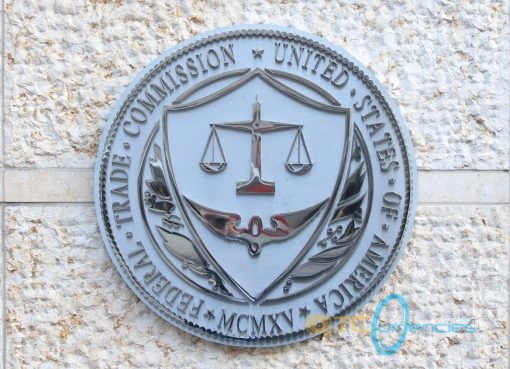Moscow’s Tagansky court has banned Telegram, a messaging application founded by Pavel Durov. Apparently, a Russian security service (the FSB) had ordered Telegram to allow them access to user encrypted messages, but Telegram refused. Reports say that Pavel Durov did not bother sending his lawyers to court in response, which prompted the court to decree an immediate ban against the company.
Kremlin spokesperson, Dmitri S. Peskov told media reporters that “there is legislation that demands some data to be given to certain services in Russia.” The Judge, Yulia Smolina, agreed and ruled that “the ban against access to information shall be in force until the demands of Federal Security Services are met, and Telegram provides keys for decrypting the user messages.”
Roskomnadzor made vigorous arguments urging the court to find Telegram culpable and shut it down. The censoring media body is responsible for several attempts to ban various things in the Russian Federation including Github, white nationalist websites, and pornography. Last month, Telegram appealed FSB’s 800,000 ruble fine at the Supreme Court. The security service had ordered the company to decrypt user messages in line with the recent anti-terrorism laws. “We do not do any deals with data miners, government agencies or marketers. Since launching in August 2013, we have not disclosed any users’ private information to third parties,” Telegram insisted in a blog post.
Through a post on his Telegram channel, Pavel Durov seemed somewhat defiant, saying that “The only power that government agencies have over IT firms is always based on money. A local government can, at any time, crash IT corporations’ stocks by issuing threats of blocking revenue streams, thus forcing these firms to do some strange things. At Telegram, we do not care about ad sales or revenue streams. Privacy isn’t for sale, and no one should compromise human rights out of greed or fear.”
In 2014, Durov bailed after his first business venture, a social networking website called Vkontakte was apparently taken over by the government after he refused to hand over private data as well.
Legal setback for thriving Telegram
While Telegram has appeal rights, the Moscow court ruled with some sense of urgency, which allowed Roskomnadzor to take action against the firm immediately. It might surprise you, however, that ironically, most officials including President Putin’s press office use Telegram for various communication purposes. Rumor has it that the president’s office plans to switch to Viber.
Pavel Chikov, Telegram’s lawyer, warned that “Russia has over and over demonstrated that the court system is only devoted to serving authorities’ interests. The courts no longer care about their basic external appearance.” Both Google and Facebook have also butted heads with authorities in the Russian Federation, but Telegram becomes the second universal company (after Linkedin) to be officially banned.
Besides its legal woes, Telegram has seen a recent growth spurt. The firm recently celebrated having 200 million users. Currently, it is raising billions of money in what has been termed as the largest Initial Coin Offering.




